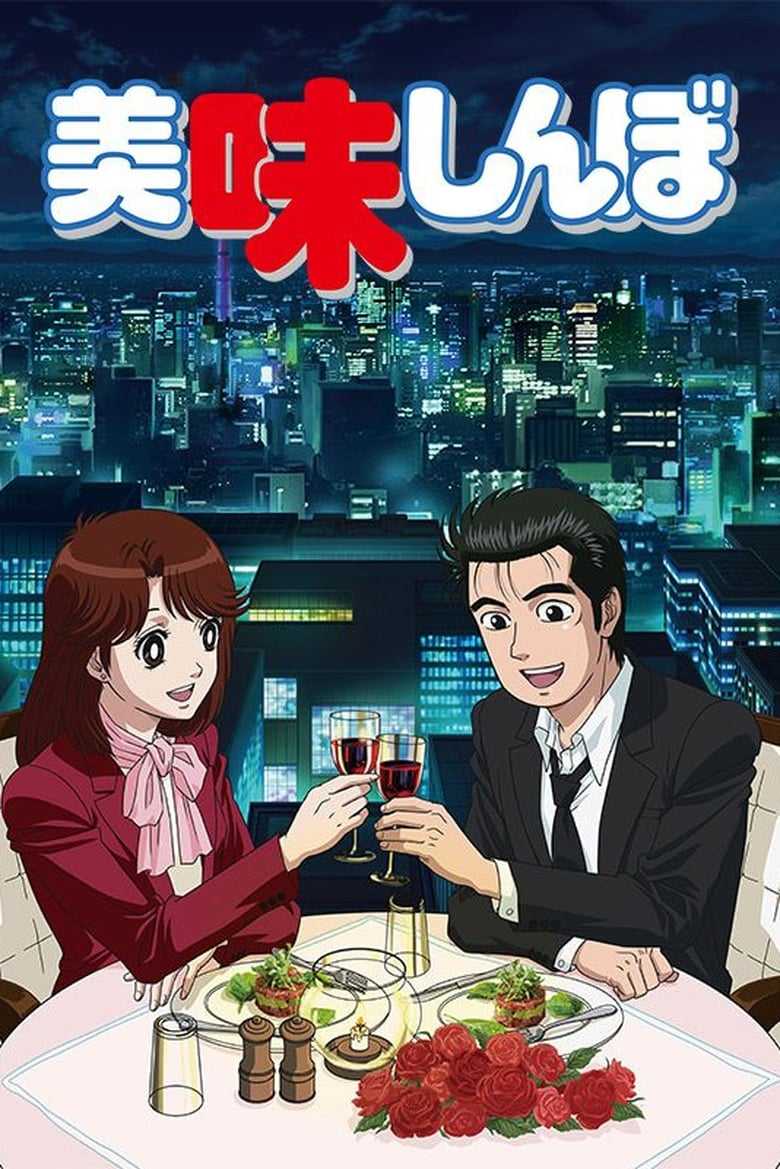
Those who have never watched anime might assume that it’s all about violence. Dragon Ball Z is kind of the poster child in the West since it blew up in popularity in the 90s, but there are other big breakout action anime like Attack on Titan or Naruto.
What non-anime watchers don’t know is that the medium, like all other types from movies to games, has a wide range of genres. Some anime can even educate without making viewers feel like they are in a classroom. While all of the material may not be 100% accurate, the attempts at dropping knowledge bombs should be applauded for trying something different. Let’s look at some good examples.
Bakuman is a great anime for anyone who loves reading manga and has always been curious as to how it works. The story follows an aspiring manga artist, Moritaka, and his writing partner, Akito, as they embark on a journey to create the best manga they can.
The manga was created by Tsugumi Ohba, who is most well-known to anime/manga fans for Death Note. While Bakuman isn’t as thrilling to watch as Death Note, the characters sell the narrative to help educate viewers on one of Japan’s biggest industries.
Case Closed, or Detective Conan as it is known in Japan, is a procedural mystery anime similar to Western shows like Law & Order or NCIS. The overarching narrative is about a teenage detective, Shinichi, who gets transformed into a little boy by a criminal organization. He’s trying to get his body back, but with over a thousand episodes later, not many of them have advanced the plot forward beyond introducing new characters.
Like any good murder mystery of the week, Case Closed will stress the brains of viewers to guess the outcome. Not all plot reveals make sense, but they are wild and engaging rides nonetheless, that are poppy but good fuel for the mind.
90s kids who grew up watching The Magic School Bus on PBS can all remember episodes that went into the body, which educated viewers about the various blood cells. Cells at Work is a good recommendation for viewers who have nostalgia about that cartoon and want to continue their education with the body, but through anime.
It doesn’t sound like an interesting anime, and it can be kind of hard to create a suspension of disbelief over humanoid characters interacting within the body. For those who have an active imagination, Cells at Work is worth a shot, though.
Dr. Stone has a wild premise, but it uses its setting to educate viewers on so many basic ideas that many take for granted. Thousands of years in the future, after an apocalyptic event, humanity is slowly waking up after being turned to stone one day.
Senku, a genius teenage student, wants to reeducate the world on lost technology and customs in Japan. He knows a lot about tech and food, and even in a Stone Age-like setting, Senku can make cola, ramen, electricity, and even cell phones. The devolution of products is one of the most fascinating things about the show.
Great Teacher Onizuka, or GTO, is about a former delinquent, the titular Onizuka, who reluctantly becomes a teacher. At first, he treats the job as sort of a scam, but soon grows to have patience with his fellow staff members and students.
Also, the students don’t like him at first either, but through Onizuka’s bizarre teaching styles, they all soon learn to love him back. It’s a great look into how people can change, both on the adult and student side, and how Japanese schools are run. It’s wacky, without a doubt, but viewers can still gleam a lesson from every major arc.
Oishinbo is without a doubt one of the most obscure anime out there. The manga began in 1983 and is still ongoing, but is on hiatus. The anime had a shorter run, between 1988 and 1992 in Japan, but it still had a lot of episodes. The basic premise follows a journalist, Shiro, and his assistant, Yuko, who tour Japan for their food and culture section of the paper.
Viewers will learn everything about Japanese food, drinks, and culture, from how to eat sushi to what to wear. There are a lot of food-based anime out there, and many owe a lot to Oishinbo for paving the way forward for its down-to-earth storytelling. Unfortunately, it never had its big run outside of Japan.
There is an anime or manga out there practically for every sport, from badminton to soccer, which are all informative in their own special way. Ping Pong the Animation stands out because it is down-to-earth and realistically portrays how competitive the sport is.
Some characters think too highly of themselves but learn to cooperate with others along with coaches who know when to offer advice. The most striking thing about the anime is the visual style, which is the greatest reason to seek this one out.
Welcome to the N.H.K. is another peek into Japanese society similar to the education system in Great Teacher Onizuka. There are various terms for shut-ins in Japan, like the term NEET, who live day by day in tiny apartments without a goal in life.
They’re treated similarly to the stereotype of “basement-dwelling nerds” in the West. While the subject matter of NEETs can be depressing, the anime is more of a fast-paced comedy with zany characters who are trying to better themselves.